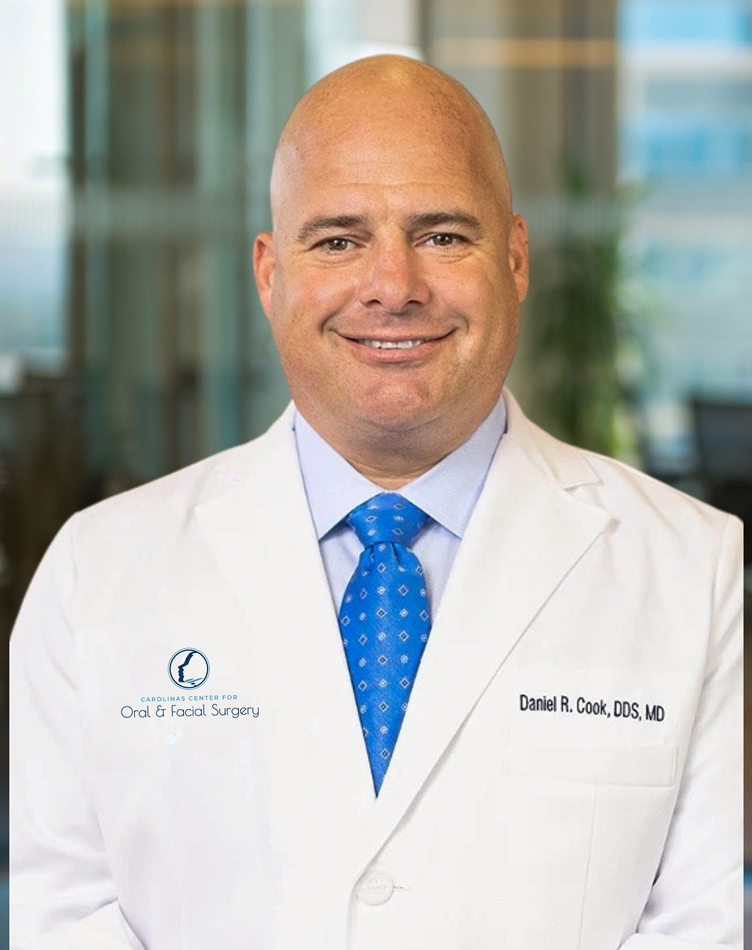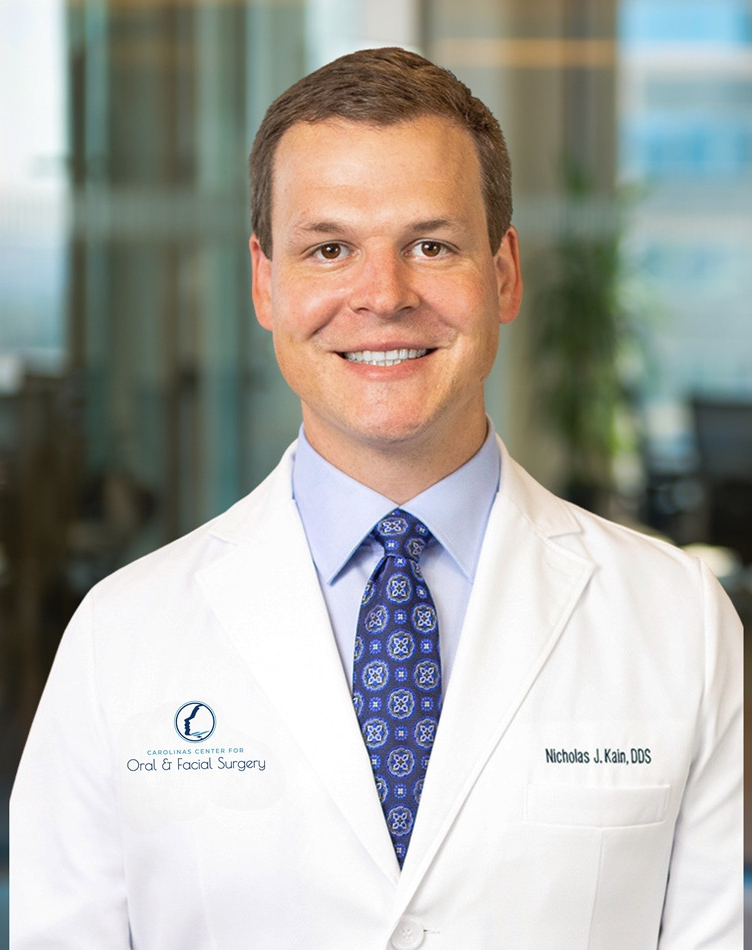| ADDRESS | |
| CONTACT | P: (704) 820-2982 |
| HOURS | Mon-Thur: 8:00 AM–5:00 PM |
Compassionate, Coordinated Dental Implants and Oral Surgery
Trust us to deliver exceptional results in a warm, welcoming, and safe environment. We pride ourselves on the high level of care. Our experienced team of highly skilled oral surgeons and maxillofacial specialists work together to provide you with outstanding service and world-class treatments for your oral, facial and cosmetic needs.
Specializing in Oral and Maxillofacial Surgery
Our doctors practice a full scope of oral and maxillofacial surgery and treat a variety of issues related to the mouth, teeth, and facial regions. Our expertise is in everything from corrective jaw surgery to tooth extractions, and we specialize in dental implants, bone grafting, and wisdom teeth removals. We also diagnose and treat sleep apnea, facial pain and TMJ disorders.
Featured Services
Denver, NC - Lake Norman Providers
Your Oral Surgery, Wisdom Teeth Removal, and Dental Implant Specialists
Our board-certified oral surgeons partner with our anesthesiologists and prosthodontics teams to deliver amazing results that improve dental health and confidence. Learn about our providers in the Denver and Lake Norman area, who are eager to provide you with the highest-quality care and oral and maxillofacial treatments.









